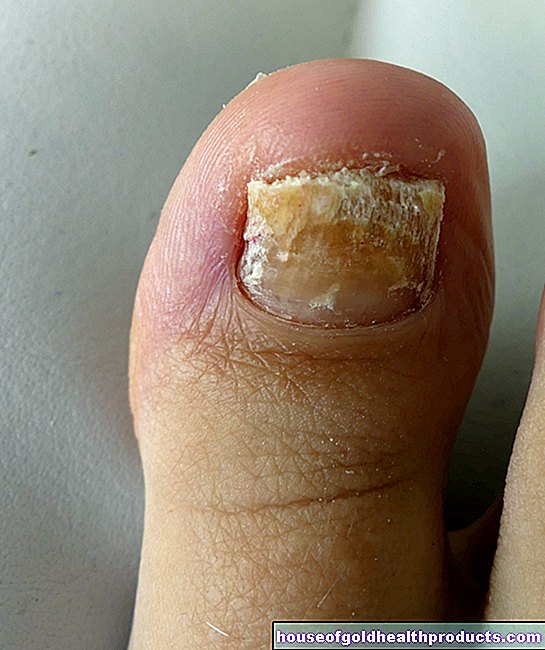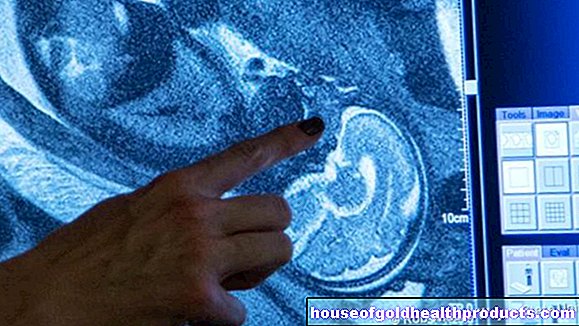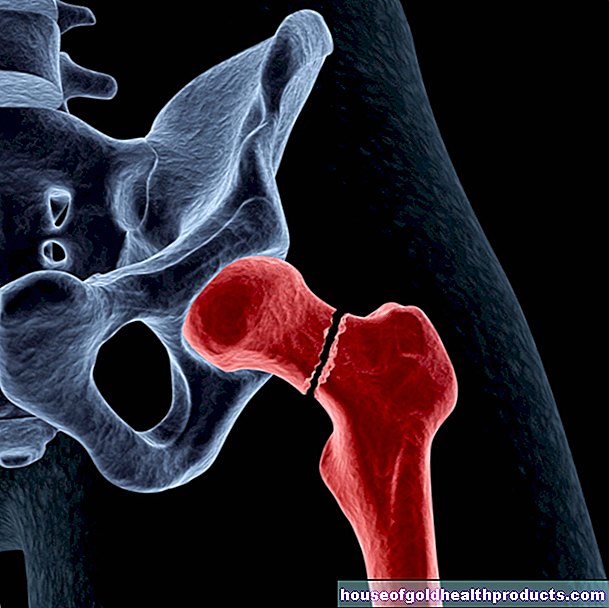Pacemaker: No danger in an electric car
Lisa Vogel studied departmental journalism with a focus on medicine and biosciences at Ansbach University and deepened her journalistic knowledge in the master's degree in multimedia information and communication. This was followed by a traineeship in the editorial team. Since September 2020 she has been writing as a freelance journalist for
More posts by Lisa Vogel All content is checked by medical journalists.Driving an electric car with a pacemaker? According to a new study, this should be possible without risk. The electromagnetic fields from battery-powered vehicles have no effect on implanted pacemakers and defibrillators.
Whether through electrical devices, medical examinations or the metal detector at the airport: For people with pacemakers, hidden dangers lurk in everyday life. A study by the German Heart Center in Munich has now investigated whether the electromagnetic fields from electric cars are also dangerous.
Pacemaker out of step?
Several electromagnetic fields build up in battery-powered electric cars. Pacemakers can react susceptible to interference to such electromagnetic fields. They interpret the signals as a heartbeat and therefore no longer send any supportive signals to the heart. Conversely, with implanted cardioverter defibrillators (ICD), electromagnetic radiation can falsely cause a shock to be delivered. Both scenarios are dangerous for the patient.
Cardiologist Dr. Carsten Lennerz tested on 108 patients. The test subjects each drove one of four different electric cars, accelerated up to 120 kilometers per hour and then charged the vehicle with electricity at the charging station.
E-cars: occupants are shielded
During the test, an electrocardiogram monitored the participants' heart activity in order to register any pacemaker malfunctions. "The inside of the vehicles is equipped in such a way that the occupants are well shielded," Lennerz summarizes the results. According to the cardiologist, the moment with the highest radiation exposure is when the vehicles are being charged. However, there was no interaction with the pacemaker either while driving or charging.
New technology, new tests
"Although our investigations show that malfunctions are very unlikely, we cannot give a permanent all-clear," says Lennerz. The constant further development of electric cars and their charging technology will make new studies necessary in the future. At the moment, however, the all-clear for pacemaker patients applies.
110,000 pacemakers annually
Several million people in Germany suffer from cardiac arrhythmias and cardiac insufficiency. Their hearts are out of sync or do not have enough strength to supply enough blood to the body. Many of the patients are therefore dependent on a pacemaker or an implantable defibrillator. The devices record electrical signals from the heart and, if necessary, send signals that activate the heart muscle. Around 110,000 pacemakers and defibrillators are used in Germany every year.
Tags: anatomy drugs therapies.jpg)





























